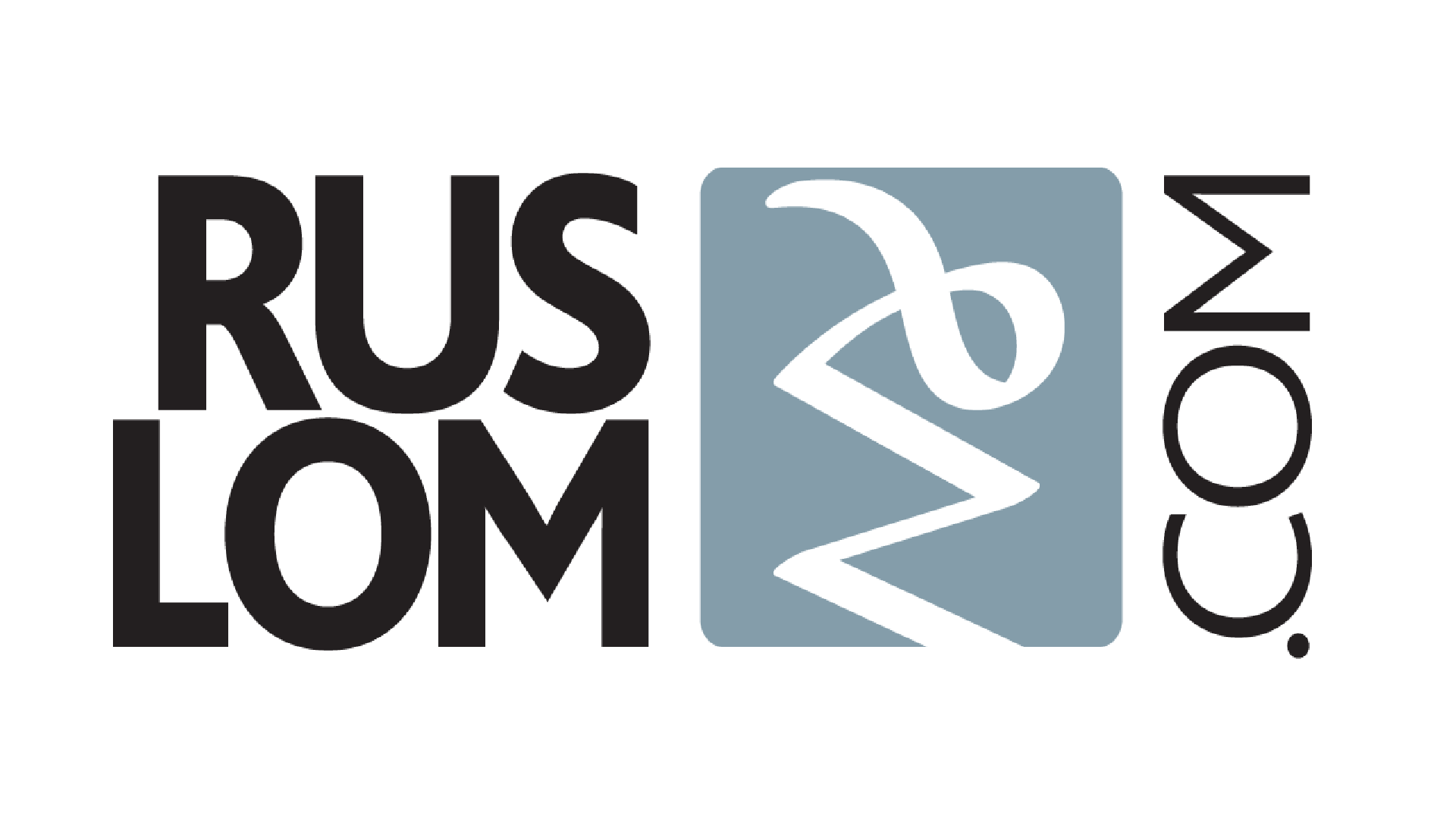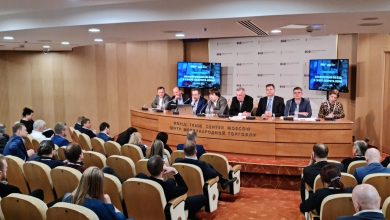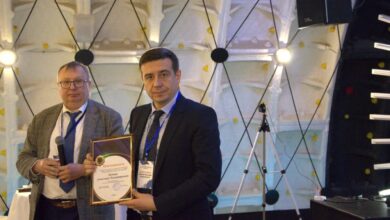In October, regulations will come into force that require scrap collectors to accept scrap metal from individuals with payment only by bank transfer. It is estimated that half of all scrap gets to the market at the expense of individuals, and in some regions, for example, in the Southern Federal District, even more, while the rest is handed over by legal entities.
Why will the innovations have a serious impact on scrap collection in the country? Who will benefit and who will lose? These and other questions Prometall media asked Victor Kovshevny, Director of the National Recycling Association RUSLOM.COM.
Victor, over the past few months, many platforms have been discussing the issue of transitioning to cashless payment for scrap. What has this discussion revealed? How timely is this measure?
Active discussion has been going on for a long time. The discussion took place on expert platforms of organisations and at industry conferences. At INNOPROM exhibition in this summer, a whole section was dedicated to this topic.
The members of our Association have been very active everywhere. Both during the preparation to adopt the new regulations and now, after they have been signed by the President of Russia, we are consulting both the scrap processing industry and banks in order to adapt the infrastructure as soon as possible and to switch to cashless payments for scrap to individuals.
It is recommended to the scrap collectors to carry out an audit of their activities to ensure that they meet the criteria of due diligence and that there are no indications of dubious transactions, as required by the Central Bank. In addition, one or more banking solutions should be selected for cashless transfers to citizens for scrap.
If there are issues in opening a bank account and there is negative information about the company, it will be necessary to go through the whitening stage. In this case, both servicing banks and specialised consulting firms can provide assistance, and members of the Association can contact the Directorate for advice. At present, there are many questions about the legal status of scrap collectors, the documentation of transactions with individuals, and the limits of transactions in terms of sums and volumes of scrap.
Are there any risks in transition to cashless payments to individuals for scrap?
The main risks are market inertia and a lack of legal knowledge of both scrap collectors and individuals. As a result, there are many myths surrounding the transition to cashless payments. In fact, this measure does not change anything for individuals, does not reduce their rights to deliver scrap and get paid. However, it will make economically unviable the activity of shadow scrap collectors, who have been engaged in illegal cash withdrawal.
At the same time, the tax risk for legal operators will be minimised, as an individual will have no possibility to deny a fact of a scrap deal due to the bank’s confirmation of a cashless transaction. At present, such denials by individuals result in situations when expenses for purchasing scrap metal are not recognised as target ones by the tax authorities, and additional profit taxes are charged. There is a risk of additional tax charges and administrative fines if companies continue to pay in cash in violation of the scrap regulations.
The Association has spoken a lot about the fact that, in parallel with the transition to cashless payments, it would be expedient for the development of the industry to abolish personal income tax for those who deliver scrap. Has any progress been made in this direction?
Progress has been made in the sense that the need to reform the income tax on individuals’ scrap metal revenues has been confirmed at the level of the government, the State Duma and the ministries. At the same time, different agencies have different views on the mechanism of personal income tax reform. There are two main approaches.
Some agencies support complete abolition, while others recommend considering a system of personal income tax where a scrap collector becomes an agent of an individual for tax payment and filing. The Ministry of Natural Resources proposes to abolish income tax on all secondary resources, not just metal. But the decision is still being delayed.
Is there a risk that, under the new conditions, scrap collectors will try to go into the shadows and pass off scrap received from individuals as scrap received from legal entities?
If a company splits transactions or uses “technical” companies to reclassify scrap from individuals as corporate scrap, this will quickly lead to blocking of accounts, as the Central Bank’s “know your customer” system and the servicing bank will see non-transparent transactions. The cashless payments law is designed to bring the market out of the shadows and level the playing field. Schemes and attempts at abuse can only be short term.
Will the “whitening” of the industry have positive long-term effects?
I believe it will. Working “in the white” always means an increase in the investment attractiveness of any industry and the possibility of attracting new resources, including credit resources. As long as hundreds of billions of roubles (and this is the scale of figures) from scrap are in the grey zone, this is impossible. One trillion roubles that are now officially circulating in the industry is a lot of money, but what if the amount increases by one and a half times or more as a result of the transition to more transparent systems? The main thing is to get through the difficult period of change and live up to these bright prospects.
There will be completely new opportunities that will expand the activities of scrap collectors. For example, we are currently working with lead plants on a project to involve all members of our Association in a national system of collecting used lead batteries. The factories need materials and are willing to finance the purchase of batteries or create other mechanisms to involve companies that have never been involved in this type of activity before. Thousands of collection yards that did not exist before should appear.
I am sure that other companies, especially producers of other non-ferrous metals, will follow this example to increase the collection of aluminium or copper scrap. I am sure that banks will also be interested in becoming partners in such projects. After all, this is about building circular economy, not in words but in deeds.




